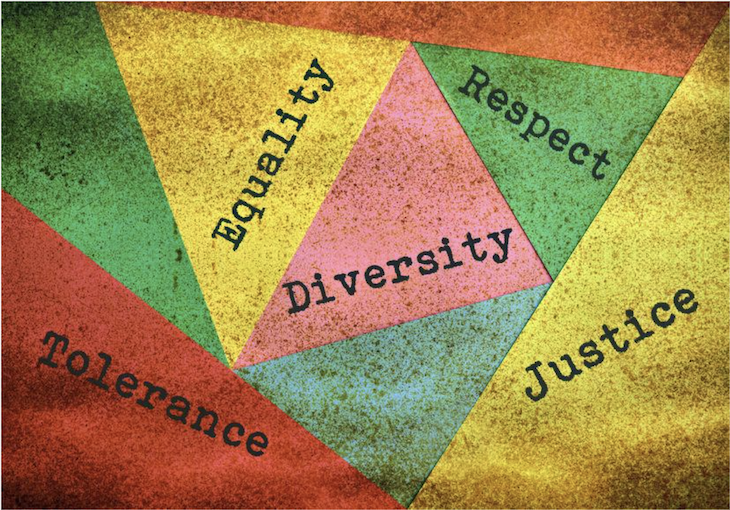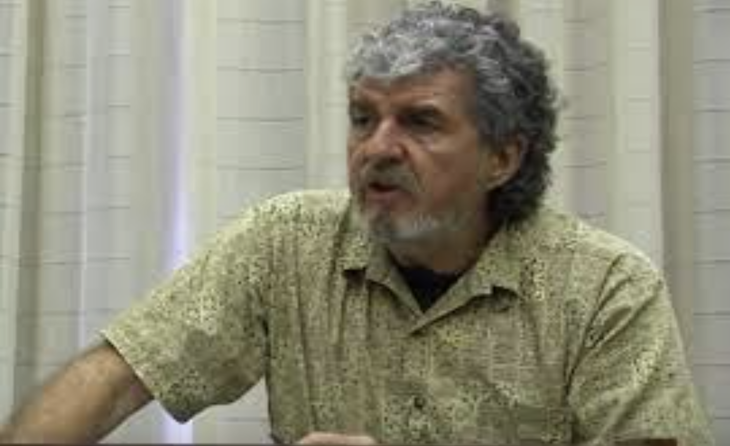
A multicultural democracy is important in today’s society, as it allows citizens of varying backgrounds and perspectives to come together and have their voices heard. The United States is often held up as the pinnacle of this status quo due to its assorted population and democratic foundations. But having a multicultural democracy does not mean that all are treated fairly or represented fairly in America. Despite advancements, many communities, such as people of color, women, and members of the LGBTQ+ community, still find themselves experiencing underrepresentation in both political offices and the actual policy-making process. It will take effort from government officials and citizens alike to bridge this divide, creating an equitable system that allows all voices to be heard in the democratic process.
Understanding The Challenges
The United States is often called a “melting pot” or “salad bowl” of cultures, with people from all over the world coming together to form a diverse and multicultural society. This diversity is reflected in the country’s democracy – with people belonging to different races, ethnicities, religions, and backgrounds – all having a voice and a say in the political process.
However, this diversity is not without its challenges. America’s multicultural democracy has a long history of struggling to include and represent all its citizens fully. From excluding non-white and non-male citizens in the country’s founding to the ongoing fight for voting rights and political representation for marginalized communities, America’s multicultural democracy has had to evolve and adapt to better serve all its citizens constantly.
One of the main challenges facing America’s multicultural democracy is the issue of representation. Historically, marginalized communities, such as people of color, women, and the LGBTQ+ community, have been underrepresented in political office and in the policy-making process. This lack of representation leads to policies that do not take into account the needs and perspectives of these communities. Another challenge is the issue of voting rights. Despite the 15th amendment of the Constitution, which prohibits discrimination on the basis of race in voting, minority communities still face barriers to voting, such as voter ID laws, gerrymandering, and voter suppression tactics.
Embracing Diversity, Equity, and Inclusion
To address these challenges and fully embrace its multicultural democracy, the United States must continue to work towards full representation and equal participation for all citizens in the political process. This includes removing barriers to voting, promoting diversity in political offices, and ensuring that the perspectives and needs of marginalized communities are taken into account in policy-making. It is also important for citizens to actively participate in their democracy by voting, getting involved in their local communities, and making sure their voices are heard. Additionally, the media plays a crucial role in informing citizens and must strive to represent diversity and different perspectives in their coverage.
America’s multicultural democracy is a unique and defining aspect of the nation, but it also faces many challenges. By working towards full representation and equal participation for all citizens, the United States can move closer to fulfilling the promise of a truly inclusive and representative democracy for all.

Read Beyond The Lies by Dr. Michael Dandrea
After a deep and thorough investigation, author Dr. Michael Dandrea reveals the truth about some of the United States’ most pressing issues in his book ‘Beyond The Lies.’ This captivating work sheds light on the importance of promoting multiracial/multicultural democracy while simultaneously uncovering powerful forces at play trying to undermine it.
Grab your copy today!


